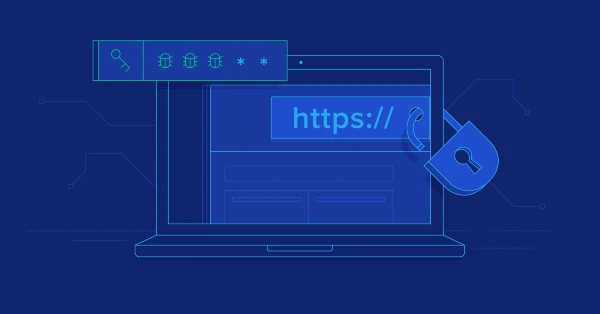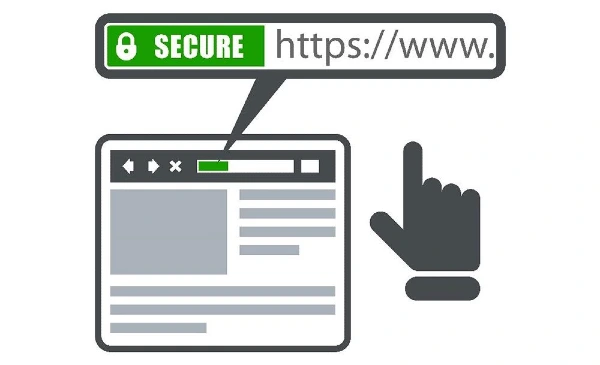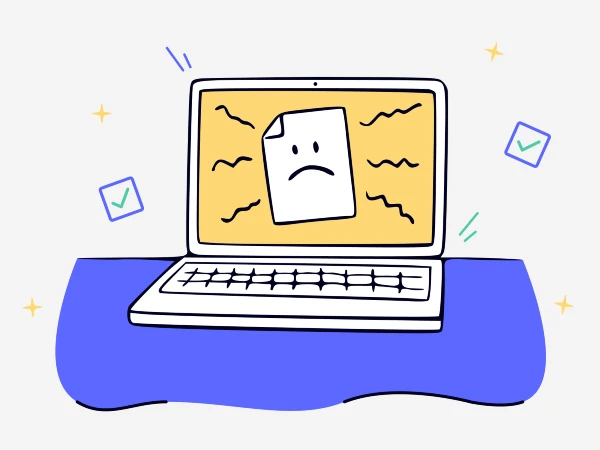The Importance of Website Security for Small Businesses
|
Getting your Trinity Audio player ready...
|
In today’s interconnected world, having a website isn’t optional—it’s essential. Whether you’re running a small boutique, a local service-based business, or a niche e-commerce store, your online presence is often the first point of contact with potential customers.
But with that presence comes responsibility – the responsibility to protect your website and your users from cyber threats.
Although major breaches at big corporations grab the headlines, small businesses are often more vulnerable and easier for attackers to exploit.
Surprisingly, a significant portion of cyberattacks – around 43% – are aimed at small businesses, as noted in recent cybersecurity studies. The reason? Because many small businesses lack the resources, knowledge, or motivation to invest in robust website security, making them low-hanging fruit for hackers.
This blog aims to break down why website security matters for small businesses, what kinds of threats exist, and how you can secure your site even with limited technical skills or budget.
Table of Contents
ToggleWhy Website Security Matters for Small Businesses
1. Small Businesses are Prime Targets
Many people mistakenly believe that cybercriminals only focus on large corporations with massive revenues. However, cybercriminals are increasingly targeting smaller websites that are easier to breach due to outdated plugins, poor password practices, or lack of proper security tools.
Unlike large companies, small businesses usually don’t have an in-house IT department, making them vulnerable and often slow to detect intrusions.
2. Protecting Customer Data is Non-Negotiable
Your website might collect sensitive data such as customer names, phone numbers, email addresses, and even payment information.
A data breach not only compromises your customers’ trust but could also land you in legal trouble under data protection laws like the Information Technology Act in India or the GDPR if you serve European users.
3. Google’s Reputation System Can Punish You
Google is extremely serious about user safety. If it detects malware or phishing on your website, it may flag it as “Not Secure” or even blacklist it altogether. This means you could lose your hard-earned traffic, ranking, and credibility overnight.
4. Downtime Equals Loss
If your website gets hacked or flooded with a DDoS (Distributed Denial of Service) attack, it could go offline for hours or even days. For an online business, that means a direct loss in revenue, along with a long-lasting dent in customer confidence.
Common Website Security Threats

Before we get into how to secure your site, let’s understand the kind of threats small businesses face.
Malware
Malware, a term derived from ‘malicious software,’ is created to harm, infiltrate, or take control of computers, servers, or entire networks. Common examples include viruses, ransomware, and spyware. Malware can redirect your site to another URL, deface your homepage, or even silently steal data from your users.
Phishing Attacks
Hackers can create fake pages that mimic your login screens or payment gateways to trick users into giving away credentials. These phishing pages are often hosted on compromised websites—including yours if it’s not secure.
SQL Injections
If your site interacts with a database and lacks input validation, hackers can inject SQL code to access, modify, or delete your data. This is one of the oldest yet still common threats, especially in custom-built websites.
Brute Force Attacks
These attacks involve guessing login credentials using automated tools. If you’re still using “admin” as your username and a weak password, you’re an easy target.
Cross-Site Scripting (XSS)
Cross-site scripting (XSS) attacks occur when harmful scripts are embedded into web pages that users interact with. These scripts can hijack sessions, redirect users, or even steal cookies and personal data.
7 Simple Yet Effective Ways to Secure Your Website

The good news? Website security doesn’t have to be overwhelming or expensive. You can start strengthening your website’s security right away with these actionable measures:
1. Use HTTPS and Install an SSL Certificate
An SSL (Secure Sockets Layer) certificate ensures that the data shared between your website and visitors is encrypted. Besides enhancing user trust, HTTPS also contributes to better SEO rankings. Many hosting services now provide free SSL certificates, including options like Let’s Encrypt.
2. Keep Your Software Up-to-Date
Whether you use WordPress, Joomla, Magento, or a custom CMS, keeping your platform and plugins up-to-date is crucial. Regular software updates provide crucial patches that resolve identified security flaws.
3. Choose a Secure Web Hosting Provider
The security of your website heavily depends on the choice of your hosting provider. Choose one that offers firewalls, malware scanning, DDoS protection, and automated backups. Providers like Bluehost, Hostinger, and SiteGround offer built-in security features for small business sites.
4. Use Strong Passwords and Limit Login Attempts
Use a mix of alphabets, numerals, and symbols to craft a secure and hard-to-guess password. Avoid default usernames like “admin” and enable account lockout features after multiple failed attempts. You can also install plugins like Limit Login Attempts Reloaded on WordPress to restrict brute force attacks.
5. Enable Two-Factor Authentication (2FA)
Two-factor authentication provides an additional layer of security beyond the standard password. Even if someone steals your password, they can’t access your dashboard without a verification code sent to your phone or email.
6. Take Regular Backups
Backups act as your insurance policy. In case of any issues, you can swiftly revert your site to an earlier version. Tools like UpdraftPlus (for WordPress) or server-side backups offered by your host can automate this process.
7. Install a Website Firewall
A firewall filters incoming traffic and blocks malicious requests before they reach your website. Services like Cloudflare, Sucuri, or Wordfence offer affordable solutions specifically designed for small business websites.
Real-World Consequences of Poor Website Security

The damage caused by a security breach goes beyond just technical repairs. Here’s what you stand to lose:
- Customer Trust: A hacked website can cause panic and reduce brand credibility.
- Revenue: Experiencing downtime during high-traffic periods can significantly impact your revenue.
- Legal Action: Failing to follow data protection regulations can lead to hefty penalties and legal trouble.
- Search Engine Visibility: Blacklisting or warnings from browsers can drastically reduce your site’s visibility.
- Recovery Costs: Paying for damage control, clean-up, and restoration services can be expensive.
Fifth Shield
Fifth Shield is the best web development agency in Delhi, offering cutting-edge digital solutions tailored to your business needs. From custom websites and e-commerce platforms to responsive designs and SEO-ready structures, Fifth Shield ensures your online presence is powerful and professional.
With a team of experienced developers and creative designers, we blend innovation with functionality to deliver high-performing websites that convert. Choose Fifth Shield to elevate your digital identity with reliable, scalable, and modern web development services.
Final Thoughts
Website security isn’t just for tech experts or large corporations. It’s a fundamental responsibility for any business that operates online, regardless of size or industry. As a small business, taking proactive steps to secure your website will help protect your data, customers, and brand reputation.
In many ways, digital security is similar to locking up your physical store at night—you wouldn’t leave your front door open, so why do it online?
Start with the basics: install an SSL certificate, use strong passwords, update your software, and back up your data. As your business grows, you can layer more advanced protections like firewalls and security monitoring tools.
Remember, it’s always cheaper to prevent a cyberattack than to recover from one. Investing in website security today is investing in your business’s long-term success.
Don’t Miss: 10 Essential Features of a High-Performing Business Website







Write a Comment